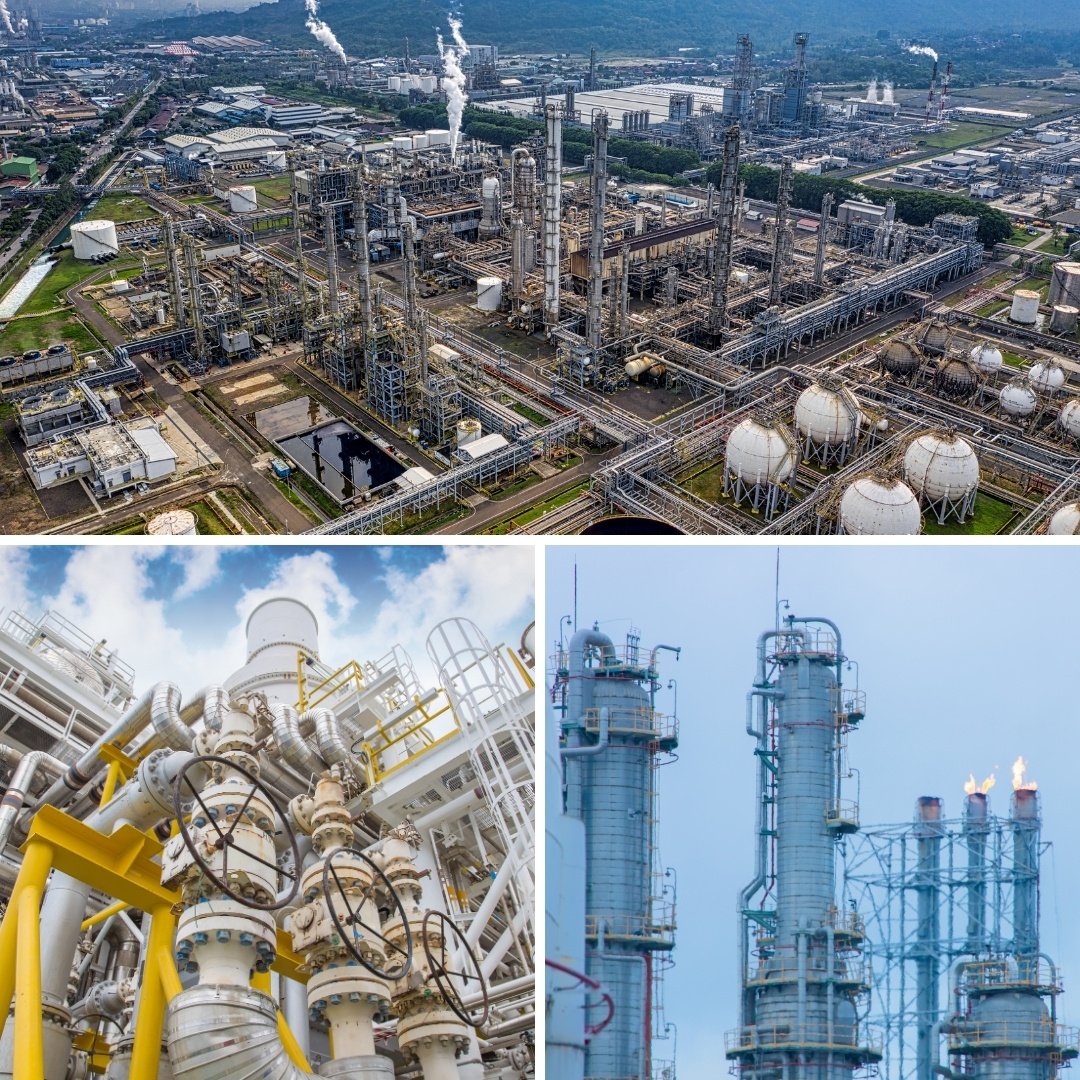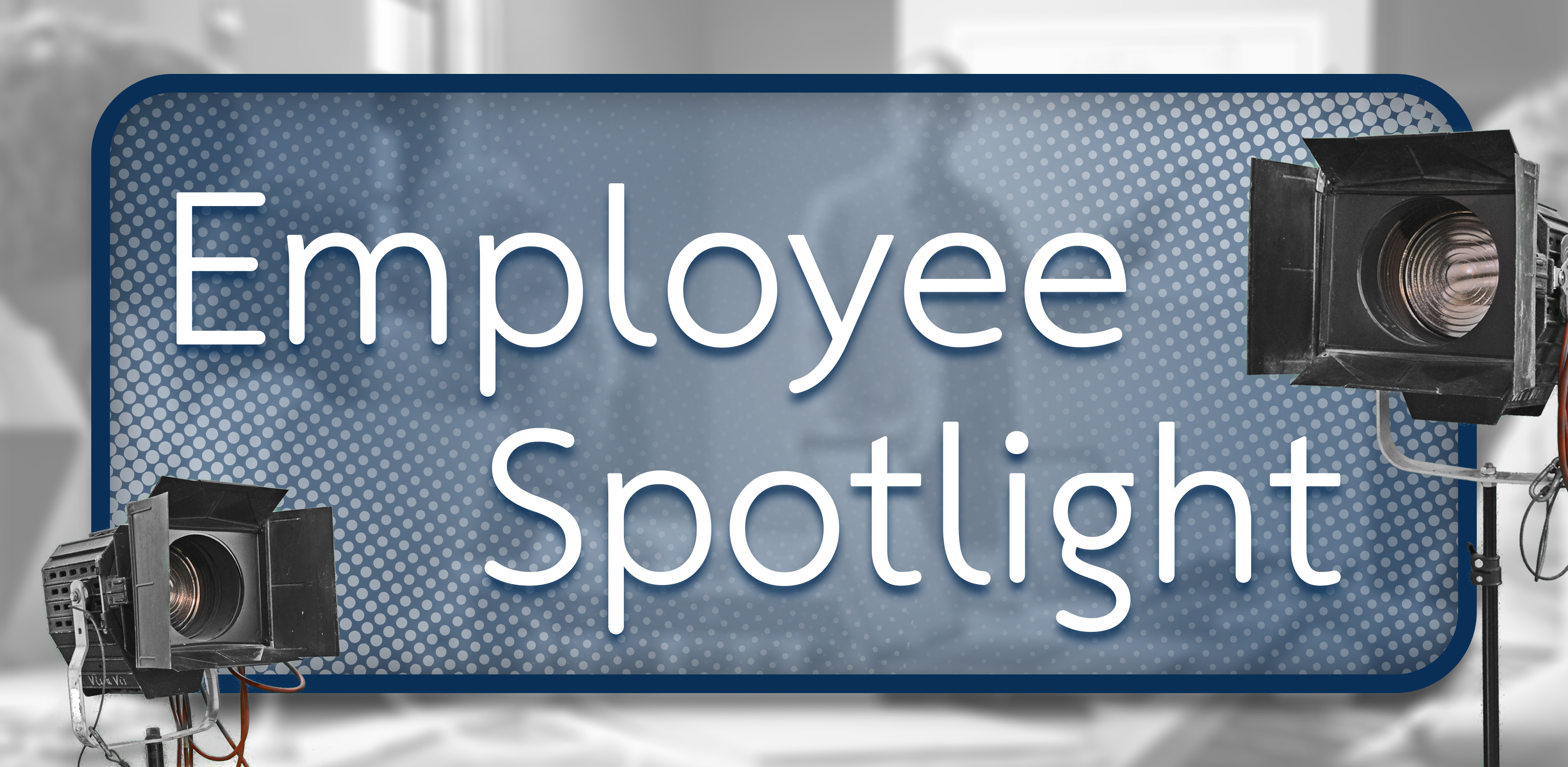Introduction
In the complex world of process safety, ensuring that facilities operate without incident requires a robust safety management system. The stakes are high in industries where a single failure can lead to catastrophic consequences, making effective process safety management essential. Relief systems and flare studies serve as critical safeguards, helping facilities prevent hazardous events and maintain safe operations. At the heart of this system are relief systems and flare studies, two essential components that help prevent catastrophic failures in petrochemical, oil and gas, chemical, pharmaceuticals, power generation, and renewable energy industries.
Read More
Topics:
Relief Systems,
Process Safety Management,
Flare Study,
Flare Studies,
Flare System,
Relief System Design,
Process Safety
Did you know that liquid trim valves can be certified for vapor?
There is often confusion around the required trim and certification when selecting a new safety-relief valve. For example, when there are both vapor relief scenarios and liquid relief scenarios, is a dual-certified PRV required? What about when the service is liquid but the controlling scenario is vapor? In the past, we have recommended “dual-certified” PRVs when there are both liquid and vapor relief scenarios, but these valves can be difficult to obtain or could have long lead times. When might there be alternatives? In this discussion we will look at what liquid trim means and when different trims may be suitable for different relief possibilities.
Read More
Topics:
Did You Know?,
Pressure Relief Valves,
Detailed Engineering,
OSHA,
PRV,
Relief System Design,
Set Pressure,
Vapor Relief Scenarios,
Liquid Relief Scenarios,
liquid trim valves,
dual-certified valves
About the Author
Mr. Smith has over a decade of experience, with a specialization in relief systems design and documentation, PSM compliance audit reviews, heat and material balance generation, PHA concern resolution, and flare system integration and optimization. Dustin is a chemical engineering graduate of Texas A&M University, a licensed Professional Engineer in Texas and LOPA certified.
Read More
Topics:
Relief Systems,
Relief Device Study,
Relief System Design,
Relief Systems Revalidation,
Process Safety
The COVID-19 Challenge
As the COVID-19 disease became a pandemic in the span of mere weeks in USA (months for the world), most of us who work in the process safety/engineering field has probably asked, or been asked:
- What kind of precautions have you taken to minimize the COVID-19 spread through:
- Human contact
- Computer equipment
- Shared office spaces
- Common areas
- How do you determine “non-essential” personnel that should not have access to your facility?
- What is your contingency plan if/when travel or access is restricted?
- How can you keep normal work efficiency for these “non-essential” personnel working offsite?
- What kind of resources do you need to work offsite?
Read More
Topics:
Did You Know?,
Salus,
Process Safety Management,
Relief System Design
Did you know, OSHA does not allow block valves on the inlet of relief valves installed on air receivers in compressed air systems?
OSHA CFR 1910.169(b)(3)(ii) states, “No valve of any type shall be placed between the air receiver and its safety valve or valves.”
Read More
Topics:
Did You Know?,
Pressure Relief Valves,
Detailed Engineering,
OSHA,
PRV,
Relief System Design,
Relief Header,
Set Pressure,
Exit Pipe Fitting
Did you know, relief devices that protect process pipe may be set to open above the piping design pressure?
Per ASME B31.3-2016, Sections 322.6.3. (see Figure 1) and 302.2.4 (f) (see Figure 2), a thermal relief valve may be set up to 120% of the design pressure of the protected system with the owner’s approval, as long as, the allowable accumulation criteria in 302.2.4.(f) are met. Set pressures lower than 120% of the design pressure may be required depending on the allowable accumulation pressures in 302.2.4 (f).
Read More
Topics:
Did You Know?,
Pressure Relief Valves,
Detailed Engineering,
PRV,
Relief System Design,
Relief Header,
Set Pressure,
Exit Pipe Fitting
"Great teamwork is the only way we create the breakthroughs that define our careers."
As we enter 2020, most of us have already taken a moment to reflect on last year's successes and failures. (At least on a personal level.) A somewhat painful and unavoidable exercise to help guide your decisions in the upcoming year.
However, how many have taken stock of our past decade's personal successes and failures?
If you haven't, quickly give it a shot right now.
Read More
Topics:
PSM Review,
Industry Compliance,
Compliance,
OSHA,
SIL Design,
SIS Design,
PSM Audit,
Regulatory Compliance,
Gap Assessment,
Relief System Design,
Relief Systems Revalidation,
Relief Valve Mitigation,
Relief Header,
Flare Header Analysis,
Allowable Backpressure,
Spring Loaded Valves,
CAPEX,
Disposal System Design,
Dynamic System Modelling
We are excited to announce Mr. John Burgess will be presenting "The Unintended Consequences of Relief Device Pipe Modification" at tomorrow's REMBE's Safety Conference.
REMBE® Process Safety Days is a two-day networking event with highly topical presentations, live demonstration and an extraordinary evening event. It is dedicated to engineers, planners, operators, technicians, maintainer, safety inspectors, technical experts and inspection personnel in supervising organisations.
Read More
Topics:
PSM Review,
PSM Audit,
Regulatory Compliance,
Gap Assessment,
Relief System Design,
Relief Systems Revalidation
Establishing and maintaining an effective safety culture is a symphony of challenges and moving pieces.
Too often, those responsible engineers are stretched thin with competing priorities. Smith & Burgess is here to help. Our culmination of Process Safety knowledge enables us to quickly provide our clients with practical solutions that lead to compliance, significant cost-savings, and of course, peak facility safety.
Read More
Topics:
PSM Review,
Industry Compliance,
Compliance,
OSHA,
SIL Design,
SIS Design,
PSM Audit,
Regulatory Compliance,
Gap Assessment,
Relief System Design,
Relief Systems Revalidation,
Relief Valve Mitigation,
Relief Header,
Flare Header Analysis,
Allowable Backpressure,
Spring Loaded Valves,
CAPEX,
Disposal System Design,
Dynamic System Modelling
Pressure relief systems and devices are used to prevent equipment and pipework from over-pressurization which can lead to mechanical failure and associated release of containment.
In order to function correctly, relief systems need to be properly designed to recognized standards, correctly installed and properly maintained. Changes to associated plant and pipework also need to be appropriately managed; often, seemingly unrelated changes can have an impact on the relief case of the system and render it incapable of protecting the system as designed. This is seen particularly on older plants with poor change management history.
The following list provides some details on the areas you should focus on when improving the quality of your Relief Validation Study.
Read More
Topics:
Process Safety Optimization,
Engineering Review,
Engineering Analysis,
Relief System Design,
Relief Systems Revalidation
Ms. Amanda Mueller | Process Safety Consultant
Ms. Mueller is a graduate from the University of Missouri with a degree in Chemical Engineering. She has extensive experience with Relief Systems and Flare Design projects. Over the past three years, Amanda has been an invaluable addition to Smith & Burgess' engineering staff and consistently exhibits the firm's dedication to quality process safety management.
Read More
Topics:
Smith & Burgess News,
Relief System Design,
Relief Valve Mitigation,
Mitigation,
Flare Header Analysis,
Employee Spotlight
The Opportunity:
A major US refinery used a competing engineering contractor to perform a flare and relief systems analysis. Upon completion of the project, the refinery was left with a list of facility upgrades that management deemed excessive. Smith & Burgess was hired to review the relief and flare systems documentation and provide engineering solutions that met corporate and industry requirements.
Read More
Topics:
Pressure Relief Valves,
Relief Systems,
Flare Mitigation,
Action Item Resolution,
Case Study,
Refinery,
Engineering Review,
PRV Study,
Third Party Review,
Overly Conservative Assumptions,
PRV,
Relief System Design,
Relief Systems Revalidation,
Relief Valve Mitigation,
Mitigation
The Opportunity:
A recent audit of a “rebuild” design package for a major Asian gas plant identified that the EPC may have failed to follow company or industry standards. The owner needed an engineering review of the entire facilities’ relief systems designs prior to their start up in two months. Any deficiencies in company or industry standards needed to be addressed prior to the facilities’ start up.
Read More
Topics:
Pressure Relief Valves,
Relief Systems,
Case Study,
Engineering Review,
Gas Plant,
PRV Study,
Third Party Review,
PRV,
Relief System Design










